Lifshitz wanted to create a film to help educate audiences about trans issues, in particular the experiences of a child and their family. He searched for a family willing to be filmed and eventually found Karine, Sacha’s mother, in northern France. In many ways this is Karine’s story. We see the lengths she has to go to in order to make Sacha’s childhood as accepting, loving and ‘normal’ as possible. Karine is not ignorant of the difficulties Sacha currently faces or will face in future. Willing to battle on every front, she fights in Sacha’s corner and pushes for a society that will accept all children like Sacha. Sacha herself is fairly quiet and withdrawn at the start of the film. She’s beginning a journey of social transition and professional support, finding a way to speak openly about something previously very private. She knows that she doesn’t like her body and wants to ‘grow up to be a girl’. She knows that people like her are not widely understood and that makes her shy about her identity. Her school friends don’t know she has a girl’s room and this means she never invites other children over to play. In one incredibly heart-breaking scene, big tears tumble down Sacha’s face at the thought of going to school with people who don’t understand or accept her. Ballet lessons are painful to watch. Sacha stands apart from the other girls, forced to wear costumes that are not just masculine but are so markedly different in colour and style. It’s like a beacon pointing her out as different. It’s infuriating to see a young child knowing that society sees her as different and ‘wrong’ and it seeps into every aspect of her childhood. But there is hope in the story, and the way the film is shot reflects that. Starting out with a more intimate or even claustrophobic feeling, by the end we’re running with the family on the beach and dancing in the sunlight. Whenever possible, the film adopts Sasha’s point of view. As she grows in confidence and self-assurance she sits taller, looks brighter, moves more freely. We can see her start to access a real childhood, comfortable in her body and more secure.With this the camera opens up too, giving us slightly wider shots and more space to breathe. One aspect that always remains narrow is the cobbled path leading up to the school. We see Sacha’s parents, and particularly her mum Karine’s, frustrations trying to get them to let Sacha present as female at school. The authorities seem not to understand the situation or the importance of social transition to Sacha’s wellbeing. They drag their feet and put unnecessary obstacles in the way. Even failing to show up to a meeting about the situation, or scheduling meetings for after the school year had already started. According to interviews with the director, the school put obstacles in the way of filming too but their presence increased pressure and eventually they did allow Sacha to be herself at school. As a cisgender woman, I am unable to comment on the accuracy or quality of its portrayal of issues affecting trans people. Please make an effort to seek out trans writers’ opinions on this film, and on film in general. Whether accurate or not it came across to me as very sympathetic and caring. It didn’t shy away from aspects like Karine’s worry that she had somehow caused Sacha to be trans, doubting her parenting. Or her acknowledgement that Sacha will likely face attacks in future. But overall I found this film to be hopeful, reassuring, and a celebration of family unity to protect their own and create a better future for all. Comments are closed.
|
AuthorHi, I'm Caz. I live in Edinburgh and I watch a lot of films. My reviews focus mainly on women in film - female directors or how women are represented on screen. Archives
December 2021
Categories
All
|
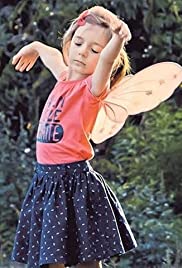


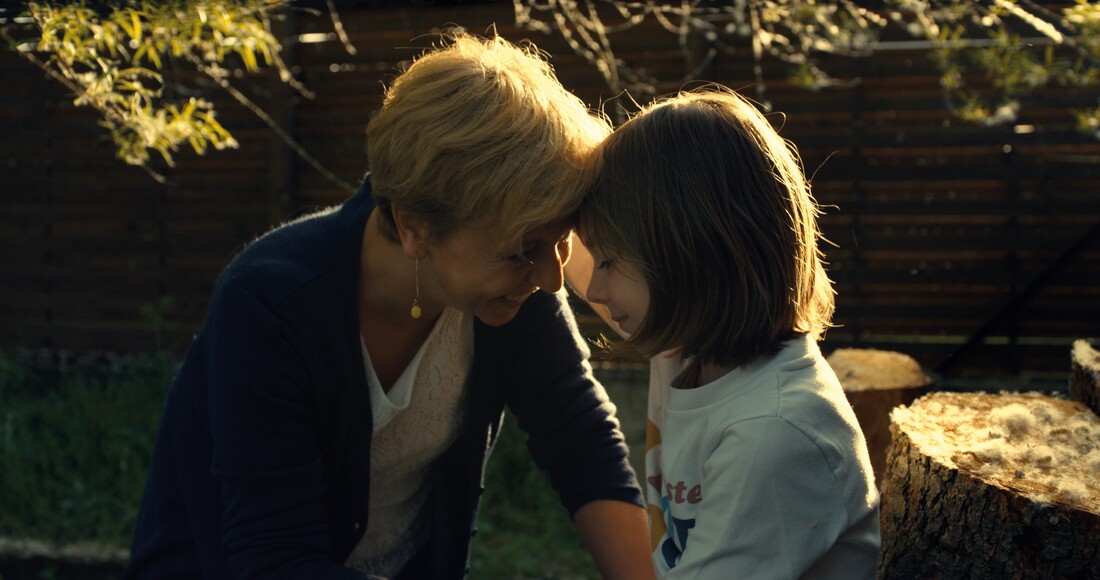
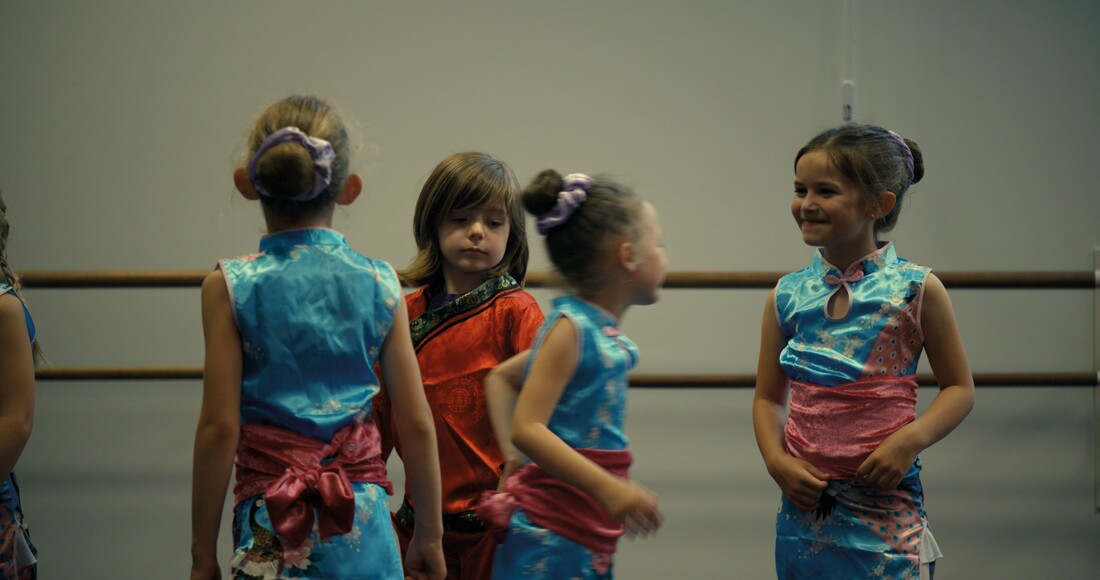
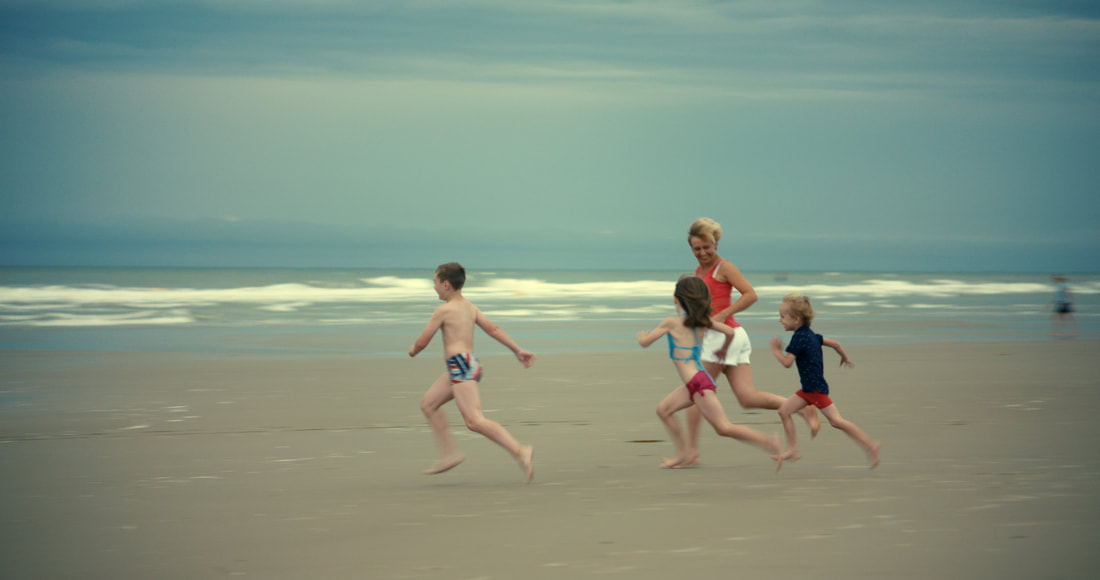
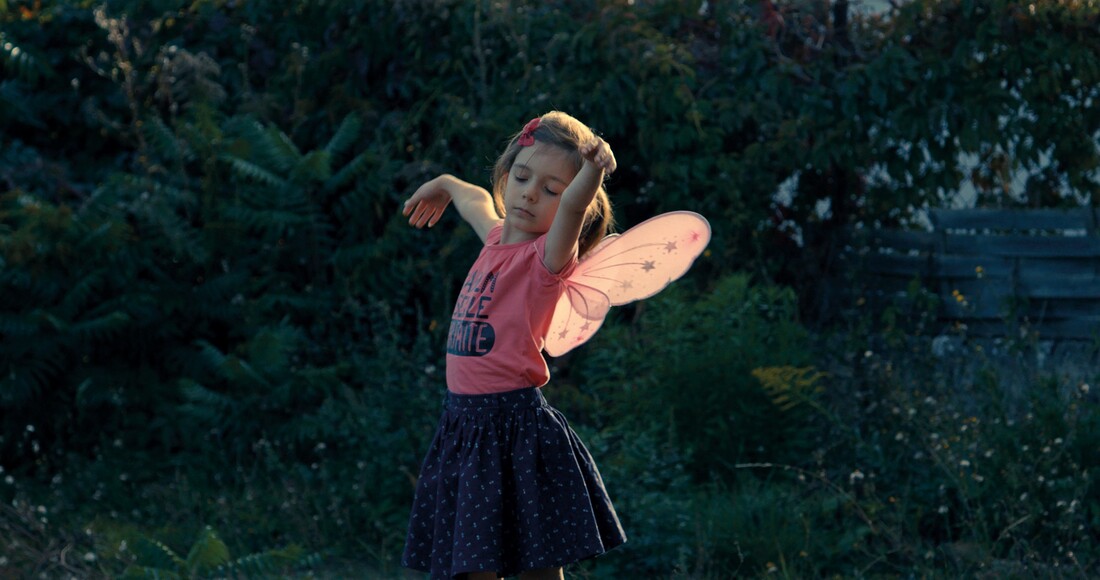
 RSS Feed
RSS Feed
